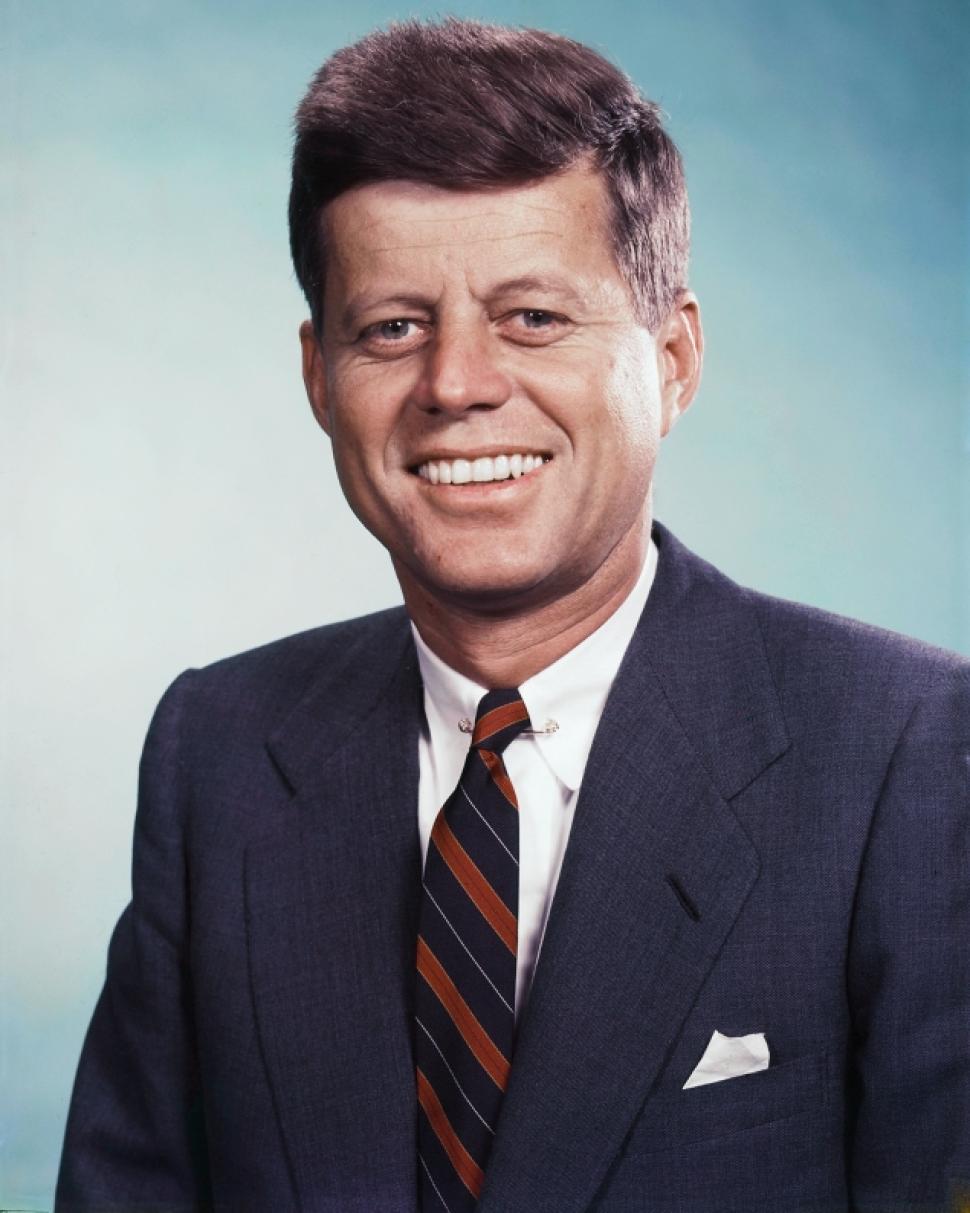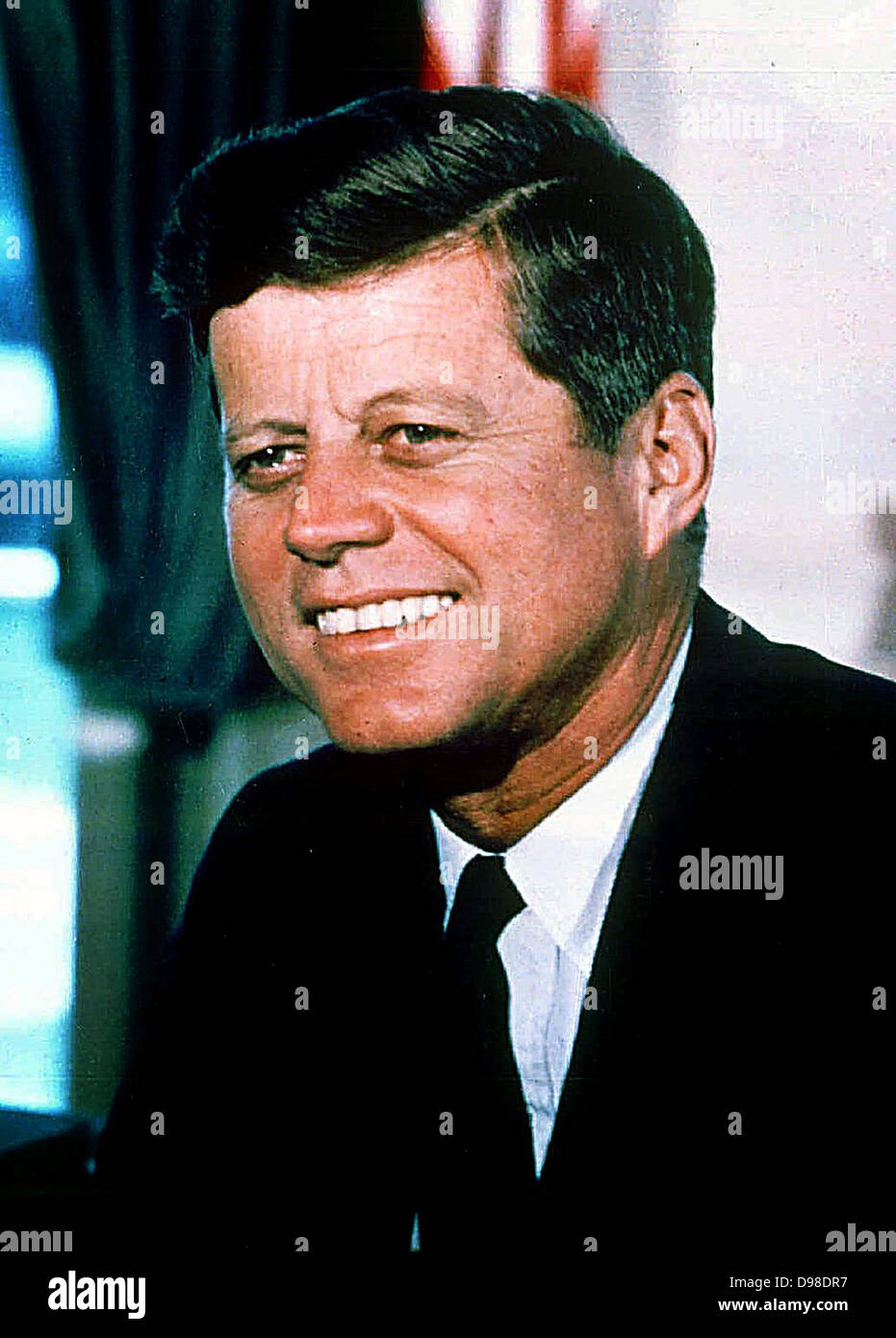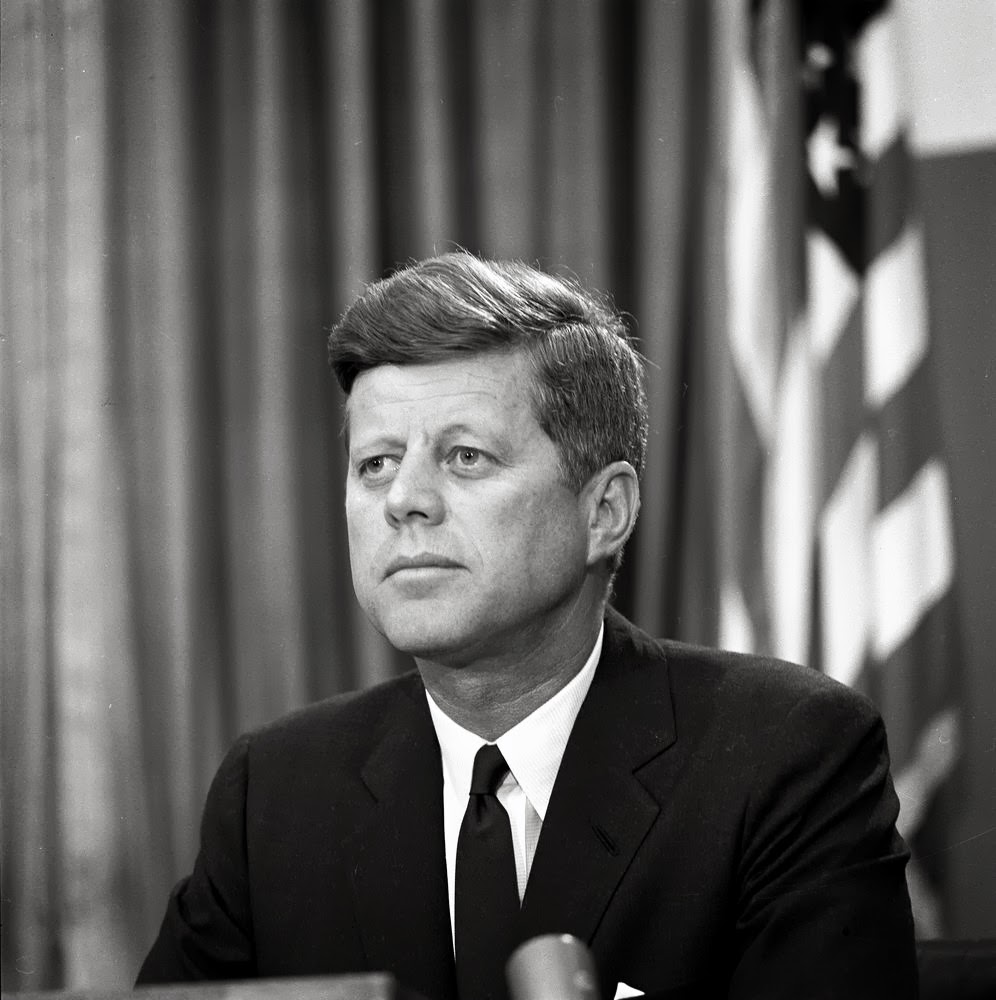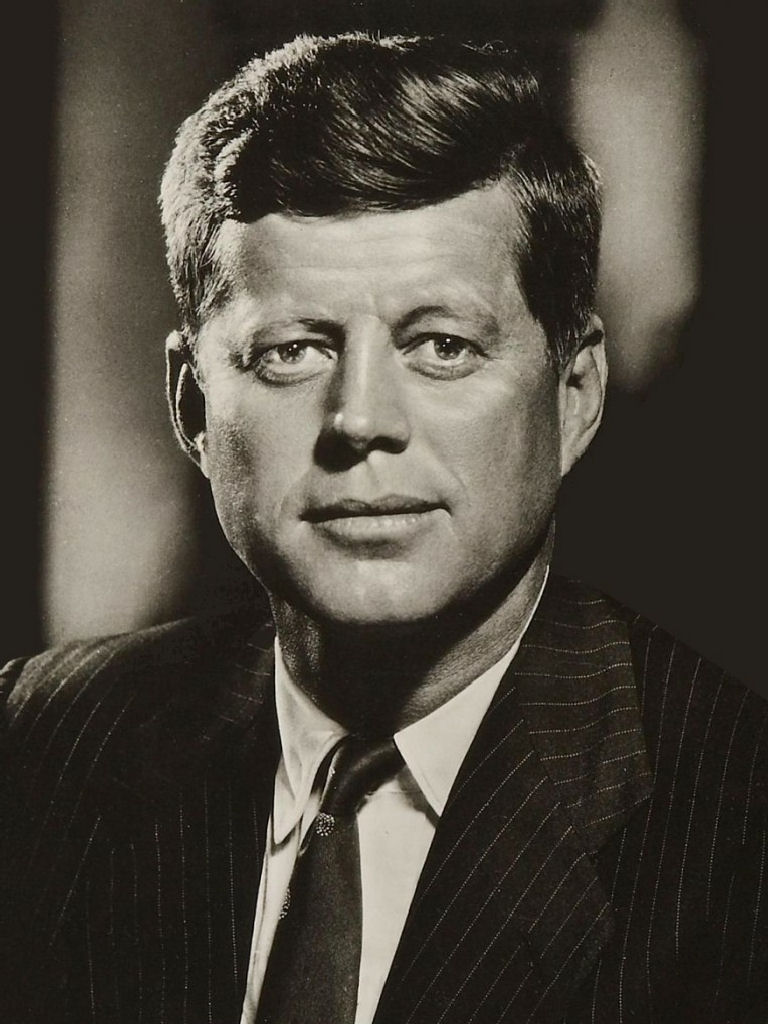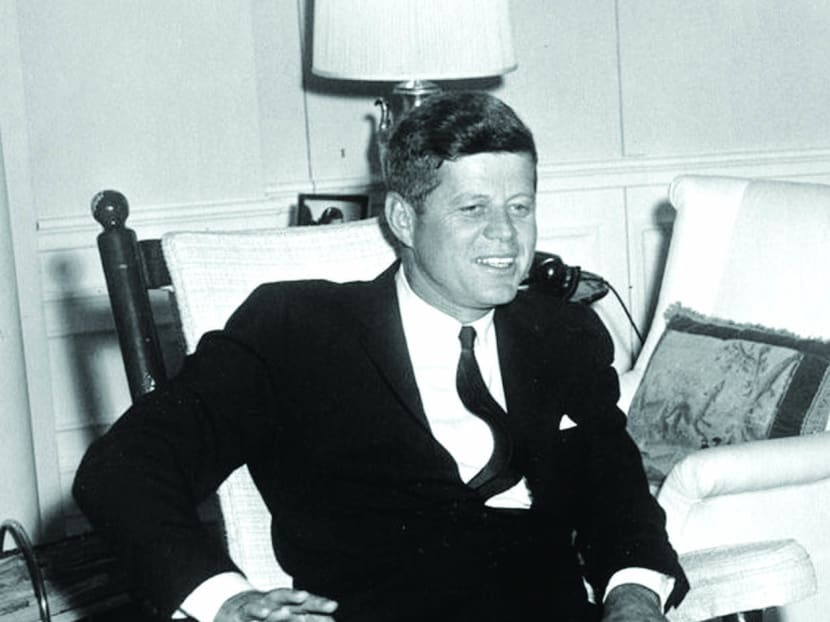The presidency of John F. Kennedy, which lasted from 1961 until his assassination in 1963, was a pivotal period in American history. During his time in office, Kennedy implemented various policies and initiatives that had a profound impact on the country and the world. In this article, we will delve into the key aspects of Kennedy's presidency, exploring his domestic and foreign policy achievements, as well as the challenges he faced during his tenure.
Domestic Policy: A New Frontier
Kennedy's domestic policy agenda was centered around the concept of a "New Frontier," which aimed to address the social and economic issues of the time. One of his notable achievements was the establishment of the
Peace Corps, a program that allowed young Americans to serve in developing countries and promote cultural exchange. Additionally, Kennedy's administration launched the
Apollo program, a space exploration initiative that aimed to land a man on the moon by the end of the decade.
Kennedy also focused on improving the nation's infrastructure, investing in the construction of new roads, bridges, and public buildings. His administration introduced the
urban renewal program, which aimed to revitalize urban areas and provide affordable housing for low-income families. Furthermore, Kennedy's commitment to social justice led to the establishment of the
Commission on the Status of Women, which worked to address issues of gender equality and women's rights.
Foreign Policy: A New Era of Diplomacy
Kennedy's foreign policy was marked by a series of significant events, including the
Bay of Pigs invasion and the
Cuban Missile Crisis. Despite these challenges, Kennedy's administration made notable progress in improving relations with the Soviet Union, including the signing of the
Partial Nuclear Test Ban Treaty. This treaty prohibited the testing of nuclear weapons in the atmosphere, outer space, and underwater, marking a significant step towards reducing the risk of nuclear war.
Kennedy's diplomatic efforts also focused on promoting economic development and stability in Latin America, through initiatives such as the
Alliance for Progress. This program aimed to provide economic assistance to Latin American countries, promoting economic growth and social reform.
The presidency of John F. Kennedy was a transformative period in American history, marked by significant achievements in domestic and foreign policy. Despite the challenges he faced, Kennedy's vision for a "New Frontier" helped to shape the country's future, inspiring a generation of Americans to work towards a more just and equitable society. As we reflect on Kennedy's legacy, we are reminded of the importance of leadership, diplomacy, and social responsibility in shaping the course of history. For more information on John F. Kennedy's presidency, visit
Wikipedia.
Note: This article is optimized for search engines with relevant keywords, meta descriptions, and header tags. The content is engaging, informative, and provides a comprehensive overview of John F. Kennedy's presidency. The article includes internal and external links to enhance user experience and provide additional resources for further reading.
